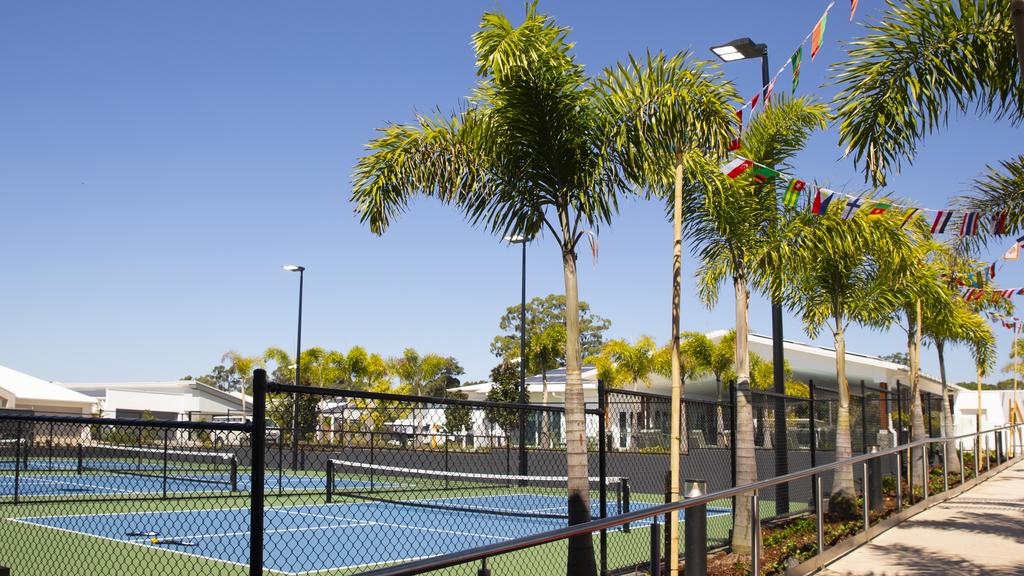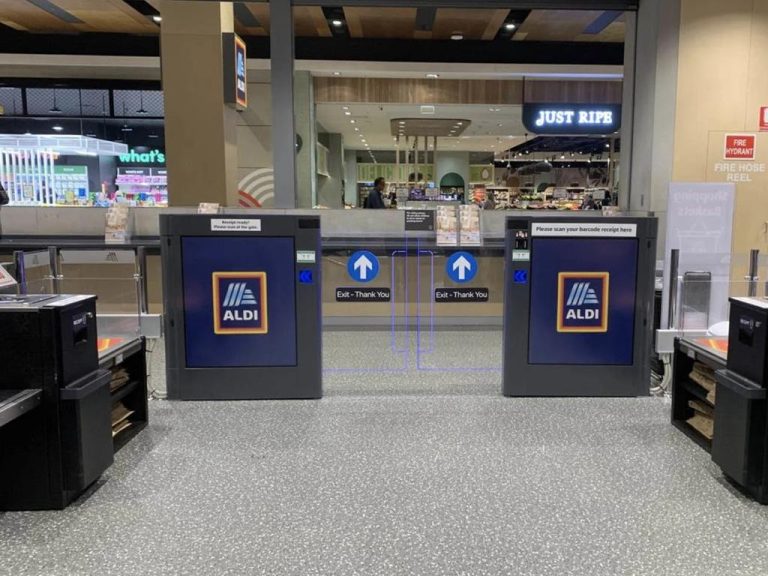Stockland flags home sale surge and shift into data centres

Stockland’s housing and land lease estates are recording strong sales. Picture: Renae Droop
The country’s largest home developer Stockland will roll out more homes as market conditions improve across the country and it already benefits from a “material lift” in settlement volumes at its housing estates.
The company flagged that falling interest rates were stimulating the market, with once laggard state Victoria seeing a material improvement in inquiries and sales in the last quarter while there was continued demand and sustained price growth in Queensland.
In WA demand has moderated but remains solid with new releases selling well, while in NSW demand remains consistent despite affordability constraints as prices take off again.
Stockland chief executive Tarun Gupta is bullish about the outlook. “Demand and supply are moving toward more balanced conditions, and with the improving interest rate environment, we expect residential market fundamentals to remain positive and drive a continued upswing in demand,” he said.
He said there was good momentum in the company’s housing estates as first homebuyer activity was strong, and buyer conversion was improving in most markets. “There are early signs of the Victorian market bouncing back and this is expected to accelerate, driven by relative affordability and a lower level of resale stock on market,” he said.
Investors backed the company’s move to spark up housing production with the backing of its joint venture partners and a bigger move into data centres, where it now has a tie-up with data centre provider EdgeConneX. Stockland shares were up 8 per cent to $6.19 in afternoon trade on Wednesday.
Stockland is moving fast and has integrated 12 housing estates it bought from Lendlease into its operations, and also splashed out $620m on buying the Kings Forest site from billionaire Bob Ell, building up its pipeline further.

Stockland boss Tarun Gupta. Picture: Jane Dempster
The company is also reaping higher development fees and strong performance from its logistics portfolio, and has struck up a series of capital partnerships. It is also now chasing more sites in the residential, logistics and data centre sectors as the property cycle swings upward.
The housing business had 6865 lot settlements, above the target range of between 6200 and 6700 settlements, with volumes from the ex-Lendlease portfolio ahead of expectations.
Mr Gupta said the result was at the top end of the company’s guidance range, and flagged strong earnings growth in fiscal 2026, when the company expects 7500 to 8500 residential settlements.
“The acquired (housing) portfolio is performing ahead of our acquisition assumptions, delivering fiscal 2025 settlement volumes above our expectations with new releases from the portfolio being met with strong customer demand,” he said.
“We have positioned the business for a step-change increase in production from fiscal 2026, providing more housing solutions in an under-supplied market,” Mr Gupta said.
Stockland struck two major logistics partnerships earlier this year and then backed it up with a venture with veteran developer John Boyd to build a $3.5bn hub adjacent to Sydney Airport.
“We’ve also announced today an exclusive arrangement to partner with EdgeConneX, a leading global data centre provider backed by EQT Infrastructure, to develop, own, and operate a portfolio of Australian data centres,“ he said. Stockland said the tie up marked a significant step forward with a high-quality operator in hyperscale infrastructure.
Stockland’s profit jumped to $826m from $305m in fiscal 2024, with this year aided by a $197m lift in the property portfolio.
Funds from operations bumped up 2.8 per cent to $808m, with FFO per security of 33.9c, at the top end of the guidance range of between 33c and 34c.
The development segment delivered FFO of $460m, underpinned by a strong performance from housing and higher fee income from partnerships across its estates, commercial and land lease.
Stockland’s fiscal 2026 FFO per security is expected to be between 36c and 37c and the distribution is expected to be flat at 25.2c per security.
Citi analysts expected the stock to react positively to the stronger result, guidance and the data centre partnership. They said the company had trimmed the payout ratio guidance to 60-80 per cent over the medium term as it reinvested to drive further earnings growth.







